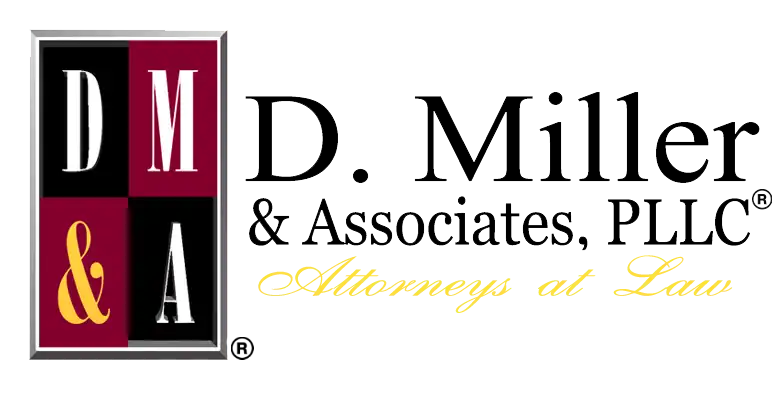In many cases, employers are responsible when their employees cause car accidents. However, there are certain elements you must prove to establish fault, liability, and negligence. This is one of the many reasons why claimants partner with our injury attorneys.
When is an Employer Liable for a Car Accident?
Under vicarious liability, an employer is liable for any damages an employee causes while working—even off-site. Vicarious liability might not apply, however, if:
- An employee was using a company-owned vehicle on their own time.
- An employee was using a company-owned vehicle for unauthorized purposes, like drag racing.
Vicarious liability often plays a role in truck accident cases. In our experience, we usually file claims against the trucking company, not the individual driver. That’s because trucking companies must properly train, monitor, and vet their drivers.
Are There Instances Where an Employer isn’t Liable for a Collision?
The employee might not always be liable for the collision. For instance, if you were in a collision caused by a defective vehicle, you could claim product liability. This means that the car was inherently flawed when it left the manufacturer. Here, you could have a case against the car maker, arguing that their faulty product caused your injuries.
Your collision may have also been the result of poor roadway maintenance. In this case, you could file a lawsuit against the agency responsible for upkeep of the roadway.
What If the Employee Was Traveling to and from Work at the Time of the Accident?
The “coming-and-going rule” shields many employers when their employees cause accidents. This rule means that the injured claimant cannot sue their employer if:
- An employee is driving to and from work at the time of the accident.
- The employee is not on the clock at the time of the accident.
Some exceptions may apply, however. Our firm can determine this for you.
Are There Times Where the Employer Causes an Accident?
Even the most well-intentioned employer can create a dangerous situation. The employer could be directly at fault for your collision if the company:
- Knew that an employee had a history of intoxicated driving
- Failed to keep up with maintenance for the fleet of work vehicles
- Did not provide adequate training to the employee
- Did not require the employee to get proper licensing or certifications to operate the vehicle
What We Need to Prove to Hold an Employer Accountable
In most cases, we must prove negligence to hold an employer responsible for its employee’s actions. This involves proving:
- The other party owed you a duty of care to operate their vehicle safely and with reasonable caution.
- The other party failed in this duty by acting carelessly or recklessly.
- The other party caused your collision and resulting injuries.
- You have medical bills, lost income, and other losses because of the incident.
We Will Utilize This Evidence to Show Negligence
To avoid liability, the liable employer might argue that its employee was not working at the time of the accident. We could use the following to argue otherwise:
- The employee’s schedule
- The employee’s contract, which outlines certain duties and tasks
- The involved vehicles’ black box data
- The police report
- Testimony from other employees
If we can prove that you were injured by someone performing their job’s tasks, you can seek financial recovery. You do not need to hire a lawyer after a car accident. However, doing so can place some stress onto your legal team while you recover.
You Could Hold Multiple Parties Accountable for Your Actions
Based on the specifics of your case, you could hold more than one party accountable for your losses. For instance, suppose a drunk driver operating a defective, company-owned vehicle hit you. Here, you could sue:
- The employer, because it shouldn’t have hired a negligent driver
- The vehicle’s manufacturer, because it produced and sold a faulty product
Managing communications between multiple parties can quickly complicate the claims process. This is yet another reason to consider partnering with our firm.
You Could Recover These Damages Following a Car Accident
Whether your accident resulted from an employer’s negligence, a roadway defect, or a defective vehicle, you could seek recovery for:
- Past and future healthcare expenses
- Lost income
- Loss of future earning ability
- Pain and suffering
- Property damage expenses
- Funeral and burial costs
- Mental anguish
Other injury-related losses could pertain to your situation.
How Long do You Have to File Your Car Accident Lawsuit?
You will generally have a few years to file your case under state law. Some exceptions may apply depending on your situation, such as whether you were hurt as a minor.
Our firm can evaluate your case and determine which filing deadlines apply to you. We recommend prompt legal action, as delaying the process could mean adverse things for your lawsuit.
D. Miller & Associates, PLLC™, Can Manage Your Car Accident Case
When you take on a large company, you will likely face its team of lawyers. If you suspect the at-fault driver was working at the time of your accident, you can enlist our team’s help.
Miller & Associates, PLLC™, will get to the bottom of your accident’s cause and pursue the liable party for damages. Call us now for a free evaluation of your case.

